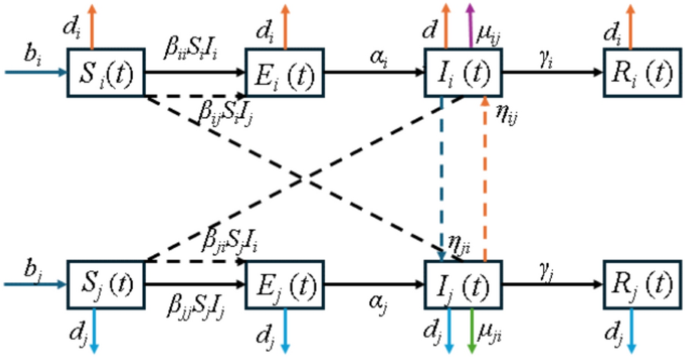

It takes no effort for limited-government devotees to find fault with Sacramento. But on occasion, lawmakers in the supermajority come upon an idea that even the right will get behind. The most recent illustration is legislative leaders’ decision to cut the number of bills that can be introduced during the California Legislature’s two-year sessions.

In response to years of runaway sausage-making, a new rule has been adopted that will require lawmakers to discipline their legislative urges. Assembly members and senators can now introduce only 35 bills over a two-year session. This is down from 50 for Assembly members and 40 for senators.
During the most recent session, legislators introduced 4,821 bills, says CalMatters, with 2,252 sent to Gov. Gavin Newsom for action.
That’s nearly 5,000 bills for a population of a little more than 39 million.
Compare that to Washington, D.C., where, according to govtrack.us, 18,736 bills were introduced during the soon-to-end 118th Congress. That’s almost four times as much legislation, but it covers the entire country, which has more than eight times the population of California.
It’s a mistake to believe that the more bills they introduce and pass, the more productive lawmakers are. This is especially true of legislation that expands government reach. Will Rogers could have been talking about the California Legislature when he said that “the U.S. is safest when Congress is in recess,” because in Sacramento, as Thomas Jefferson wrote to Virginia Delegate Edward Carrington in 1788, “the natural progress of things is for liberty to yield and government to gain ground.”
Though neither a founding father, comedian nor Californian, Italian scholar Bruno Leoni agreed that legislation inflation is a legitimate threat to liberty. The lawmaking operation, he wrote, is “a process in which authority always prevails” while “individuals must yield, regardless of whether they are right or wrong.”
There are practical reasons to limit legislation. No lawmaker could possibly read the millions of words written in these bills, and this doesn’t include the hundreds that never make it out of committee. CalMatters noted that “legislators and advocates have long complained that there isn’t enough time to properly consider complex bills that can involve negotiations with multiple stakeholders, detailed legal analysis and delicate coalition-building.”
There is also a large volume of “timewasters” introduced by lawmakers who neither expect nor intend for the bills to become law. Some are submitted for the sole purpose of reassuring “constituents or other special interest groups.” And then there’s the “exercise in preening and self-esteem” pointed out by California journalist Ben Boychuk. In some instances, former Gov. Jerry Brown signed useless legislation to help pad the legislative records of “discouraged” lawmakers who had “few bills” to their credit.
James Gallagher, the Republican Assembly leader, favors the limits because he’s seen his colleagues across the aisle “waste taxpayer money and precious time on feel-good bills that do nothing for Californians, while ignoring real crises like skyrocketing living costs, homelessness, and record-high gas prices.” Rather than pass “common-sense bills,” he sees members instead “flooding the legislature with thousands of meaningless proposals that accomplish nothing.”
Until the mid-1960s, California was able to get its policy business done with a part-time Legislature. It is now one of only 10 states that have a full-time lawmaking grind. “The Legislature wouldn’t need to be full-time,” though, says Gallagher, if grandstanding members “stopped wasting taxpayer time and money on empty political stunts. Every session, Californians wait months for action on real issues,” yet are “left with nothing.”
There have been efforts to return to a citizen rather than a professional legislature, including a constitutional amendment proposed in 2018 that would have restricted sessions to a Jan. 1 to Jan. 31 and a May 1 to June 30 schedule. Odd-numbered years of a two-year session would “be limited to budget-related measures” while ‘even-numbered years to be limited to other legislation.”
Jon Coupal, president of the Howard Jarvis Taxpayers Association, says Californians would be better off with lawmakers who hold “real jobs” and “have skin in the game.” Everyday citizens who “will share in the consequences of their actions,” he insists, “are preferable to professional politicians.”
In an era of unbridled lawmaking by so-called policy experts, it’s hard to argue against his point.
Kerry Jackson is the William Clement Fellow in California Reform at the Pacific Research Institute, a Pasadena-based think tank promoting free-market policy solutions.






